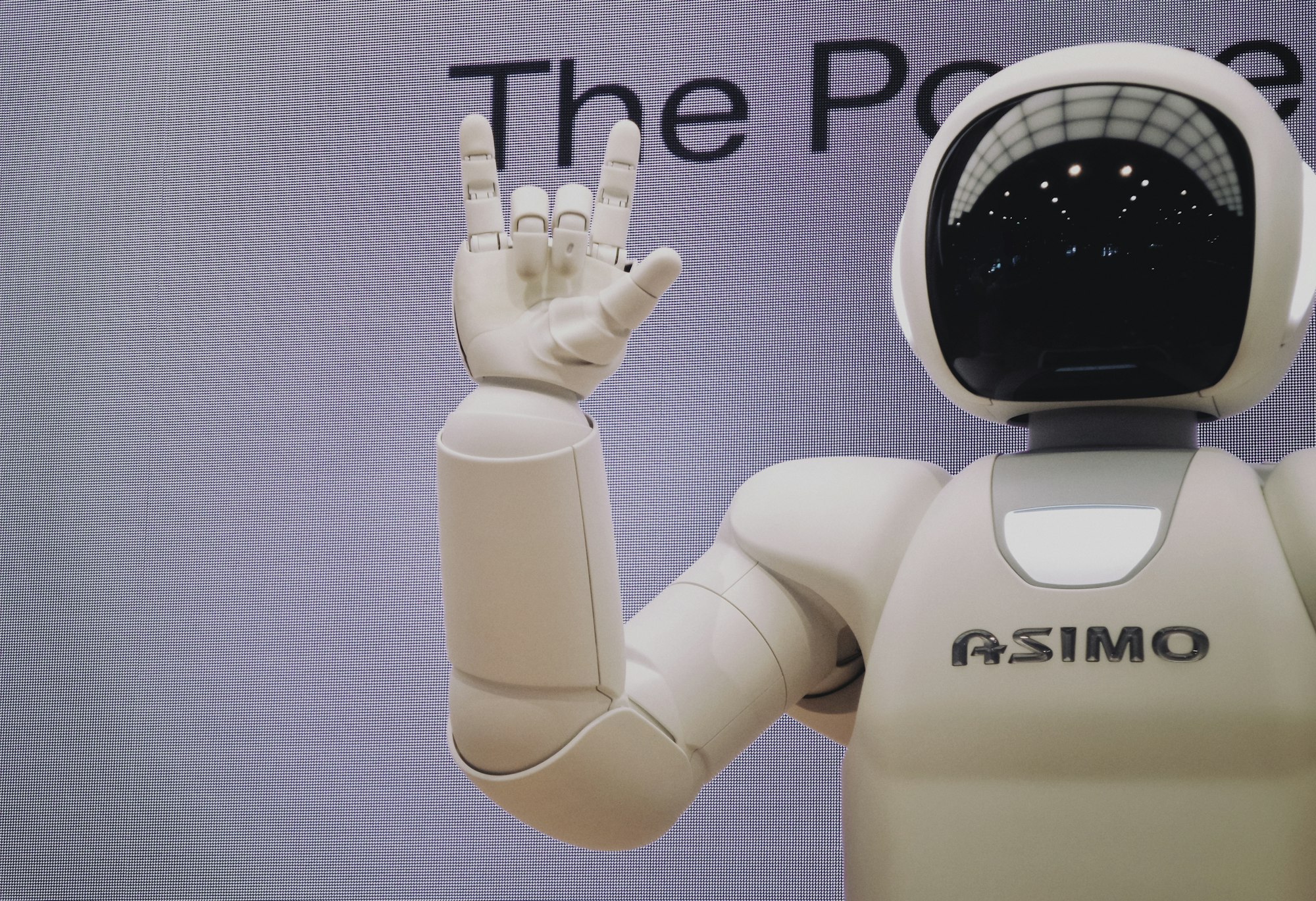From Knowledge Worker to AI Agent Manager
AI agents aren’t replacing knowledge workers - they’re changing their role. In the future of work, every professional will also be an AI Agent Manager, orchestrating digital assistants to achieve more, faster, and at higher quality.

A decade ago, your workday might have started with Google, email, and a spreadsheet. Today, you can walk into work with an invisible team of digital colleagues waiting for instructions.
For years, knowledge work ran on a predictable rhythm: a task landed on your desk, and you carried it from start to finish. Sure, tools like Google sped up the hunt for information, but you were still the one stitching everything together.
AI agents are breaking that rhythm. Give them a good brief, and they can handle entire work packages on their own. That doesn’t make knowledge workers obsolete - it just adds a new layer to the job. You’re no longer just doing the work; you’re managing a team of tireless, invisible colleagues. Whether your title says “manager” or not, you’ve become one.
Where this thought comes from
I caught myself working differently. I used to spend an hour crafting search queries, skimming sites, pulling quotes, and piecing them into something coherent. Now? I start by defining the outcome, hand the heavy lifting to an AI agent, and spend my energy steering, refining, and judging. My job shifted from typing search terms to orchestrating a process.
My expertise still sets the standard for what “good” looks like - but my leverage comes from how clearly I can direct these agents.
A tiny, real-world example
Task: Prepare a short briefing on how European ESG regulation might affect supplier audits in the automotive industry.
Old way:
- 10 to 15 searches
- 20 tabs open
- Skim, extract, distill.
New way:
- Write a 7-line brief to a research agent:
- Goal: 500-word briefing for senior ops leaders.
- Scope: focus on audit process changes for Tier 1 suppliers in Europe.
- Sources: regulatory summaries and reputable industry bodies.
- Constraints: no paywalled citations, avoid legal advice tone.
- Format: three bullets on likely impact, two risks, one action list.
- Quality bar: cite two primary sources.
- Review loop: deliver a draft and a separate list of uncertainties.
Within minutes, the first draft is ready. My role now? Audit the reasoning, verify sources, tighten the scope, cut the fluff, add a comparison table, request a risk heatmap. The final product is sharper, faster, and frankly, better.
The core skill shift
In the Google era, the edge went to people who could find and structure information quickly. In the AI agent era, the edge goes to those who can design the work, delegate it effectively, and direct the result.
Briefing Framework:
- Outcome: what “done" looks like
- Constraints: length, audience, tone, compliance limits
- Inputs: must-use sources, company context, definitions
- Method hints: steps or heuristics that tend to work
- Format: tables, bullets, citations, file type
- Quality bar: acceptance criteria and what would be a reason to reject
- Review loop: when to pause and ask for feedback
Audit Checklist
- Soundness: does the chain of reasoning actually support the claim
- Sources: are they high quality and relevant to the claim
- Completeness: what is missing that would change the conclusion
- Consistency: do numbers and definitions line up across sections
- Actionability: does the output drive a decision or next step
This is just management - only your “team” now includes digital assistants. You still think deeply, but you also teach the thinking, set expectations, and run feedback loops.
Productivity and capitalism, in plain terms
In a market economy, staying relevant is about delivering more value, faster, without dropping quality. The next productivity leap in knowledge work isn’t from typing faster or saving better bookmarks - it’s from coordinating a small crew of digital contributors and consistently raising their output through expert guidance.
Farms went from horses to tractors. Factories went from hand tools to industrial machinery. Knowledge work is shifting from search-and-compile to agent-and-orchestrate. Those who learn to drive this new machine will simply outperform those who don’t.
What organizations need to do
This shift is not just an individual upgrade - it's an organizational change problem.
A pragmatic playbook
- Literacy: teach fundamentals of prompting, briefing, and auditing - not just tool buttons.
- Golden paths: create a few pre-approved workflows for common tasks like research, summarization, data cleaning, and drafting.
- Guardrails: define source quality standards, citation rules, and handling of internal data.
- Tooling: integrate agents into existing systems so outputs flow into the real places work happens.
- Roles and review: make human-in-the-loop checkpoints explicit. Decide who signs off and under which criteria.
- Metrics: track cycle time saved, revision count, defect rate, and impact on decision speed.
If companies don’t raise their workforce to the prevailing external productivity level, the gap compounds. Markets run on supply, demand, and efficiency. A sustained productivity deficit is a strategic risk.
Common traps to avoid
- Over-delegation: treating agents as oracles instead of assistants that need direction and review.
- Source blindness: letting convenience trump source quality and provenance.
- Format over substance: beautiful outputs with weak reasoning.
- Privacy drift: leaking sensitive data into prompts or external tools.
- One-agent monoculture: relying on a single agent pattern when a two-agent or three-agent split would raise quality and speed.
Getting started without bloat
If you want a minimal starting point that works tomorrow, try this for any recurring knowledge task:
- Create a one-page brief template with the fields above
- Split the task across two agents - one for research, one for synthesis
- Insert a human audit checkpoint between them
- Track time saved and issues found for three weeks, then adjust
Final thought
AI agents are not replacing knowledge workers - they are amplifying them. The role evolves: you still think, but you also teach the thinking and coordinate digital contributors. Everyone becomes, in part, an AI Agent Manager.
The question is no longer whether AI will change your work. It’s how well you will manage your agents — and how quickly your organization will help everyone learn to do it well.
Enjoyed the post or have feedback? I’d love to hear from you — just reply via email, or connect on LinkedIn. Feel free to share this post on X, LinkedIn, or Facebook if you think someone else might enjoy it too.

Read on to find out how AI agents evolve from the chat window.


